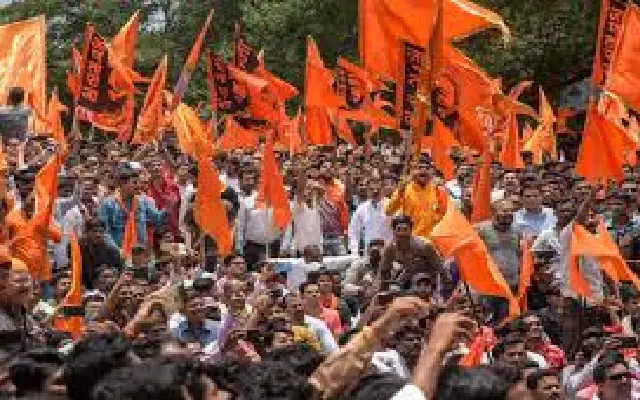In the ongoing debate surrounding the implementation of the Maratha Quota in Maharashtra, the Maharashtra State Backward Class Commission (MSBCC) has underscored the significance of its implementation in the state. The commission’s report, submitted as part of an affidavit filed in the Bombay High Court, sheds light on concerning trends such as a notable increase in girl child marriages and a decline in government job opportunities within the Maratha community.
Rise in Girl Child Marriages
The MSBCC, led by retired Justice Sunil B Shukre, has expressed alarm over a substantial rise in the rate of girl child marriages within the Maratha community. According to the commission’s findings, the girl child marriage rate has surged to 13.7 percent from a mere 0.32 percent over the past six years.
Decline in Marathas’ Representation in Government Jobs
Additionally, the commission has reported a significant decrease in the representation of Marathas in government jobs. Citing statistics, the MSBCC reveals that only 43.76 percent of Maratha women are engaged in manual labor, while the overall percentage of Marathas in government services has dropped to 9 percent in 2024 from 14.63 percent in 2018.
Upcoming Bombay High Court Hearing
These revelations are part of the affidavit filed by Sumant N Bhange, Secretary of the State General Administration Department (GAD), in response to petitions challenging the 10 percent Maratha Quota introduced in education and jobs under the Socially and Educationally Backward Classes (SEBC) Category. The petitions, based on recommendations from the Shukre Commission, are scheduled to be heard by the Bombay High Court on April 10, 2024.
Government’s Approval of Maratha Quota Bill
In February of this year, the Maharashtra government approved a bill extending reservation to Marathas beyond the 50 percent mark during a special session of the state legislature. The bill, similar to the Socially and Educationally Backward Classes Act, 2018, was based on a report submitted by the Maharashtra Backward Class Commission (MBCC), chaired by Justice (Retired) Sunil Shukre. This move comes in addition to the existing 10 percent quota for the Economically Weaker Section (EWS), where Marathas constitute the largest beneficiaries, claiming 85 percent of the reservation.




